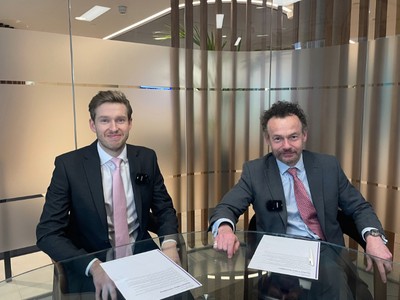After the fastest rate hiking cycle in history in the US and UK interest rates at their highest point since 2008, the greatest surprise to many – including the policymakers enacting those rate hikes - is that the global economy hasn’t yet fallen in on itself.
Employment statistics continue to confound economist predictions, recession in much of the developed world has already missed its expected time of arrival and company results across many sectors and geographies remain robust.
As an example, during June, UK retailer, Next – a holding across the CSI funds - released an ‘unscheduled trading update’ in which they said that “trading in the last seven weeks has been materially better than the guidance we issued in May”. They went on to say that “sales were up +9.3% versus last year. This compares to our guidance of -5%”. That is some difference!
There is no law that says that interest rates of 1%, 5% or 10% must certainly cause a recession and stifle inflation. Indeed, we have for some time had sympathy with the argument that higher rates would be required as a result of structural change in the global supply-demand balance driven by deglobalisation, baby boomers leaving the workforce, the end of fiscal austerity and increased spending on the green transition to name a few.
Against an uncertain backdrop we humbly retain our stance that we do not know exactly where inflation and rates are heading and when. We continue to run a balanced portfolio – or as we have been calling it, a barbell strategy. A weighting in cash and short dated fixed income, alongside a weighting in cyclical businesses such as retailers and financials. It is not impossible that the economy and markets continue to climb the wall of worry.
James Godrich, Fund Manager




